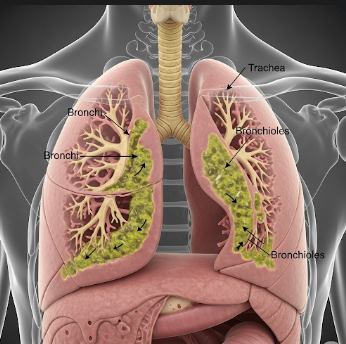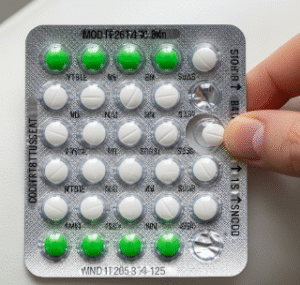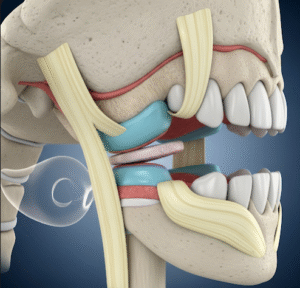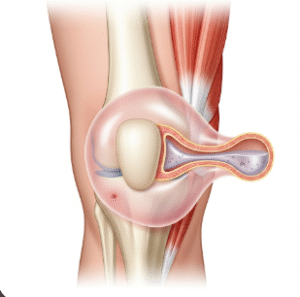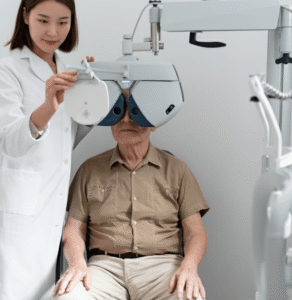Overview
Chest congestion is a common symptom characterized by a feeling of tightness, heaviness, or mucus accumulation in the chest, often associated with respiratory conditions. It can affect breathing, cause coughing, and interfere with daily activities. While often related to infections, allergies, or chronic respiratory conditions, persistent chest congestion may signal more serious underlying issues.
In South Korea, pulmonology and respiratory clinics offer comprehensive diagnostic services, including imaging, lung function tests, and advanced therapies to identify and treat the underlying cause of chest congestion.
Key Facts
Highlights:
➡️ Chest congestion may present as tightness, heaviness, or a sensation of mucus in the airways.
➡️ Common causes include respiratory infections, asthma, chronic bronchitis, or allergies.
➡️ Persistent or severe congestion can indicate pneumonia, heart failure, or chronic obstructive pulmonary disease (COPD).
➡️ Treatment focuses on relieving symptoms and addressing the root cause.
➡️ South Korea provides modern pulmonary care, combining pharmacological therapy, physiotherapy, and advanced imaging for precise evaluation.
What is Chest Congestion?
Chest congestion refers to the build-up of mucus or inflammation in the airways, leading to discomfort and breathing difficulty.
Key characteristics:
- Mucus accumulation in bronchi or lungs
- Feeling of tightness or heaviness in the chest
- Coughing (productive or dry)
- Shortness of breath in severe cases
- Associated wheezing or rattling sounds during breathing
Chest congestion can be acute or chronic, depending on the underlying condition, and may be accompanied by other systemic symptoms such as fever, fatigue, or malaise.
What Symptoms are Related to Chest Congestion?
Symptoms often accompanying chest congestion include:
- Persistent or productive cough
- Wheezing or rattling breath sounds
- Shortness of breath or difficulty breathing
- Throat irritation or postnasal drip
- Fatigue or general malaise
- Fever in cases of infection
Highlights:
➡️ Chest congestion can interfere with sleep, physical activity, and daily functioning.
➡️ Associated symptoms help differentiate between infections, allergies, and chronic respiratory conditions.
➡️ Persistent symptoms require medical evaluation to prevent complications such as pneumonia or respiratory distress.
What Causes / Possible Causes of Chest Congestion?
Highlights:
➡️ Respiratory Infections: Viral or bacterial infections (common cold, flu, bronchitis, pneumonia).
➡️ Allergies: Hay fever, dust, pet dander, or environmental irritants causing inflammation.
➡️ Chronic Respiratory Conditions:
- Asthma
- COPD (chronic bronchitis or emphysema)
- Cystic fibrosis
➡️ Heart-Related Causes: Heart failure can cause pulmonary congestion and chest tightness.
➡️ Environmental or Occupational Factors: Exposure to smoke, pollution, or chemical fumes.
➡️ Mechanism: Congestion occurs due to mucus accumulation, inflammation, or fluid retention in the lungs, leading to airway obstruction and discomfort.
When Should I See My Doctor?
Highlights:
➡️ If congestion persists more than a few weeks, especially if accompanied by cough or breathlessness.
➡️ If chest pain, high fever, or shortness of breath occurs, urgent evaluation is necessary.
➡️ If there is blood in the mucus or sputum, immediate medical attention is required.
➡️ For chronic conditions, routine monitoring ensures early detection of exacerbations.
➡️ Early consultation allows for diagnosis through imaging, lung function tests, and lab investigations, guiding effective treatment.
Care and Treatment
Management depends on the underlying cause of chest congestion:
Highlights:
➡️ Symptomatic Relief:
- Expectorants and mucolytics to loosen mucus
- Steam inhalation or humidifiers
- Warm fluids to soothe the airways
➡️ Medications:
- Antibiotics for bacterial infections
- Antihistamines or corticosteroids for allergies
- Bronchodilators for asthma or COPD
➡️ Lifestyle Measures:
- Avoid smoking and pollutants
- Adequate hydration and rest
- Controlled breathing exercises for airway clearance
➡️ Hospital Care:
- Oxygen therapy in severe congestion
- Mechanical ventilation if respiratory distress occurs
- Pulmonary rehabilitation programs for chronic respiratory diseases
➡️ Follow-Up Monitoring: Regular check-ups to ensure symptom resolution and prevention of recurrence.
Treatment Options in Korea
South Korea provides comprehensive pulmonary care for patients with chest congestion:
Highlights:
➡️ Pulmonology Clinics: Diagnosis and treatment of respiratory infections, asthma, and chronic lung diseases.
➡️ Advanced Imaging: Chest X-ray, CT scan, and pulmonary function tests for precise evaluation.
➡️ Hospital-Based Care: Management of severe infections, pneumonia, and acute exacerbations.
➡️ Allergy and Immunology Services: Identify triggers for allergic chest congestion and provide targeted therapy.
➡️ Rehabilitation Programs: Pulmonary physiotherapy, breathing exercises, and lifestyle counseling.
➡️ Multidisciplinary Approach: Collaboration among pulmonologists, allergists, and primary care physicians for holistic management.
➡️ Medical Tourism Support: Multilingual consultations, diagnostic evaluation, and follow-up care for international patients.

